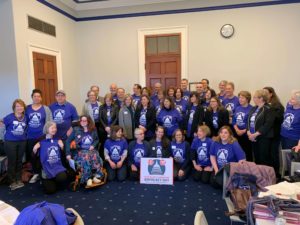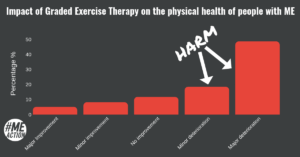
Toxic Masculinity Made my ME Much More Punishing
I came to on the floor of a supermarket in an affluent London borough. I was staring up at a paneled ceiling, half-blinded by piercing white lights. After a groggy moment of confusion, panic set in. I leapt up, finding myself in the middle of a queue winding towards one of the tills. A family










